The Messages of Black Horror Films
In past horror films, people of color and other ethnicities were often expendable, compared with the story’s mainstream white character. Everyone knew the black guy would die first.
The 1970s: Blacksploitation and beyond
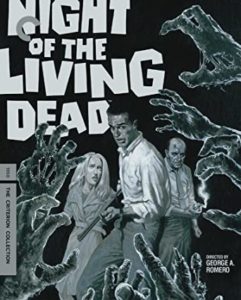 In the classic zombie film that spawned all others, Night of the Living Dead (1968), it was surprising to see the black guy survive the night fighting off our slow-moving zombies, only to get mistaken for one, killed, and burned up. I hated that ending because, on a social level, it spoke to the futility of the black fight.
In the classic zombie film that spawned all others, Night of the Living Dead (1968), it was surprising to see the black guy survive the night fighting off our slow-moving zombies, only to get mistaken for one, killed, and burned up. I hated that ending because, on a social level, it spoke to the futility of the black fight.
Who can forget the campy Blacula, a tale in which an African prince gets bit by Dracula himself and wakes up in 1970s L. A.?
The era of the seventies is known for its Blaxploitation1 With the advent of horror in the ‘70s, the black character takes something other than a subservient role to the white mainstream character. He becomes the villain to be feared but is also the anti-hero. A film of the era I remember is a movie called The Spook Who Sat by the Door. In that film, the U.S. government trains this black guy in espionage, and he uses that knowledge to fight against the government that oppresses the people.
From the 1990s–2010s: deeper themes
In the 1990s, the anthology film, Tales from the Hood, directed by Spike Lee, had an underlying message about black-on-black crime and discrimination. Spike Lee rarely produces a movie that doesn’t have a message within it. In one memorable scene, Lee uses the comparison of gangs wearing bandanas and masks with the white sheet–wearing members of the Ku Klux Klan (the KKK at the time).
An honorable mention is the movie, Bones (2001), starring hip-hop superstar Snoop Dogg. When people heard Snoop Dogg was playing this type of character, anticipation rippled among moviegoers. Plus, the outfit! I mean, if revenge looked like Snoop Dogg, then it was sweet!
More recently, Octavia Spencer, who plays the titular character in the film Ma (2019), said she wanted to play a role that was non-traditional. In this film, however, Spencer is actually playing the traditional character. She’s a full-figured black woman, with a kindly exterior, taking in a bunch of kids so they can have fun—but they don’t know that she has plans of revenge because what their parents did to her in high school.
I didn’t enjoy the film Sweetheart that aired on Netflix. Which was a shame because the movie’s atmosphere showed a perfect blend of chilling suspense and beautiful scenery. The whole idea is perfect: you’re trapped on a deserted island, surrounded by the ocean, and plagued by a monster. But the monster concept ruined the film’s execution. All this buildup—ending with an amphibian Big Bird. Yeah. Terrifying. As Mushu says in Mulan, “I think my bunny slippers just ran for cover.”
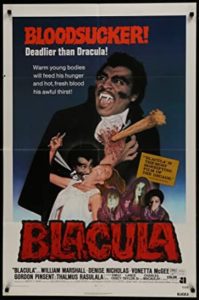
Author Carole McDonnell pointed out to me that beneath the movie’s surface lay the message that black women often suffer in silence. We see this in the film’s execution. For much of the movie, our main character is silent. She’s trying to survive with no help at all. She looks for food the best way she can. She fights the monster with what little tools she has. In the middle of the film, others from her shipwrecked party show up, including her boyfriend. They downplay her warnings about the monster and flat-out don’t believe her. Even the film’s name, Sweetheart, shows this dynamic. When she’s trying to warn them about the monster, her boyfriend dismissively calls her “sweetheart”—before he gets eaten.
Near the movie’s end, she decides she must take down this monster herself. She writes a note to whomever will find her record, telling them her history of not being believed. This is a nod to black women who struggle with society believing their stories.
In highlighting some of these films, I hope I’ve shown their dual purpose.
I must also mention two of my favorite vampire films that I adored watching as a child: A Vampire in Brooklyn and Blade. I loved these two films because they simply told stories about fighting evil.
In A Vampire in Brooklyn, Eddie Murphy plays a vampire—he stepped out of his traditional roles as a comedian and became a villain. I found it odd to see him in that light, but looking back, that film showed me he wanted to take on a different role.
In Blade, Wesley Snipes plays a vampire slayer who kicks vampire tail. That’s all the movie was about.
What a concept! A horror movie that simply tells a story.
Horror films can explore evils worse than injustice.
I hope that in the future, we won’t need distinctions between black horror and mainstream horror because we’d all realize there’s a greater horror out there than injustice.
See, the worst horror story isn’t the one told in books or movies. It’s the story we’re living in now—a reality of monstrous proportions. That story has an immortal and powerful Enemy that stalks the Earth. This Enemy will use any means to destroy us. Like a violinist uses a violin, this Enemy uses the human condition as the basis for his instrument. It takes all our vices, both internal and external, and plucks them. This Enemy does not care about you. He will use anything—let me repeat: anything—as a weapon to destroy us.
This horror lies inside all of us: sin.
Here’s another reality: we can do nothing to save ourselves from him. Our pleasures, pains, hopes and dreams as 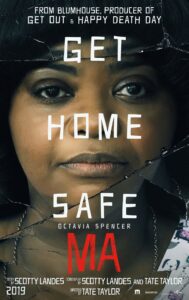 well as our good and bad intentions can all be corrupted by the Enemy. Even if you think evil doesn’t exist, he uses that. Even if you think that good and evil aren’t real, he uses that. Even if you think you aren’t real, he uses that. Every idea, every thought, and every part of the human condition can be used by the Enemy to destroy you.
well as our good and bad intentions can all be corrupted by the Enemy. Even if you think evil doesn’t exist, he uses that. Even if you think that good and evil aren’t real, he uses that. Even if you think you aren’t real, he uses that. Every idea, every thought, and every part of the human condition can be used by the Enemy to destroy you.
How can we resist this enemy? I’m reminded of another horror movie, Birdbox, in which Sandra Bullock plays a woman trying to escape—some invisible creatures, or spirits? (I don’t know, I hated that movie too.) She must row down a river blindfolded. I will spoil the movie for you because at the end, when she arrives at the place of refuge, the entities are not destroyed; they’re only held at bay.
In our reality, this is all we can do by ourselves to resist our Enemy: hold him at bay. But eventually he will gain a foothold on us because we are too weak to fight against him by ourselves.
Black horror films can sometimes end on a dismal note. Their prevailing assumption is that the struggle will continue because the system won’t allow it to end. They present this struggle as part of the system. We can only hold it at bay.
How much more then do we fail to overcome our worst enemy with our own merits and strengths? We will fail. This Enemy, Satan, is determined that you live in separation from God.
If reality stayed that way, we would truly be living in a horror film with an enemy that no one can escape or defeat.
Thanks be to God that the horror story doesn’t end on that note. Instead, Jesus Christ breaks through all the darkness with His light. He shatters the encroaching walls with the truth, slays the adversary and his minions with his sword, and ends the horror story. As Isaiah 9:2 says, “The people that walked in darkness have seen a great light: they that dwell in the land of the shadow of death, upon them hath the light shined.”
Horror films often show one person who lives to tell the tale.
In our reality, where this current horror story takes place, will that survivor be you?
What are some other black horror films I neglected to mention? What do you think about horror used as a conduit to explore social issues? How can Christians capitalize on horror as effective storytelling? Share your thoughts!
- From Wikipedia: “Blaxploitation or blacksploitation is an ethnic subgenre of the exploitation film that emerged in the United States during the early 1970s. The films, while popular, suffered backlash for disproportionate numbers of stereotypical film characters showing bad or questionable motives, including most roles as criminals resisting arrest. However, the genre does rank among the first in which black characters and communities are the heroes and subjects of film and television, rather than sidekicks, villains, or victims of brutality. The genre’s inception coincides with the rethinking of race relations in the 1970s.” ↩



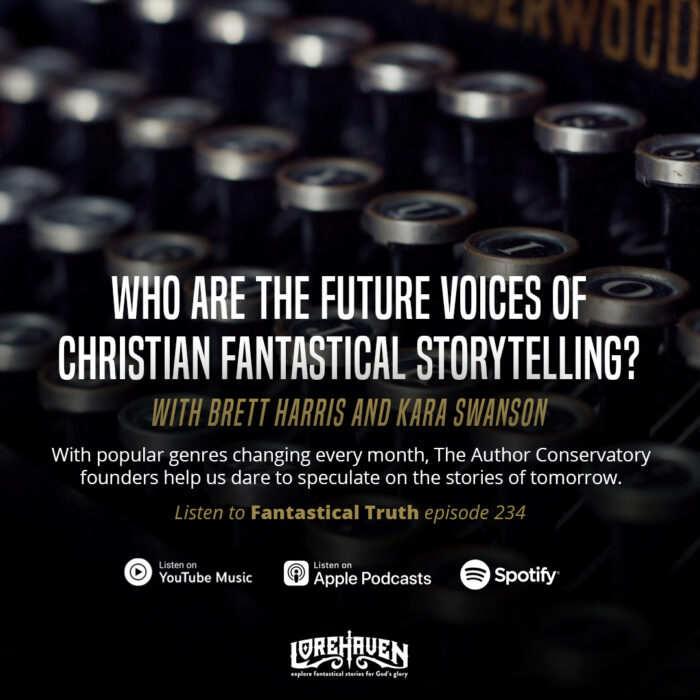



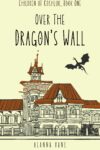




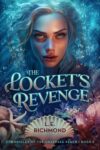
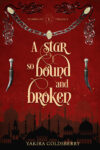
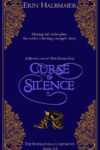




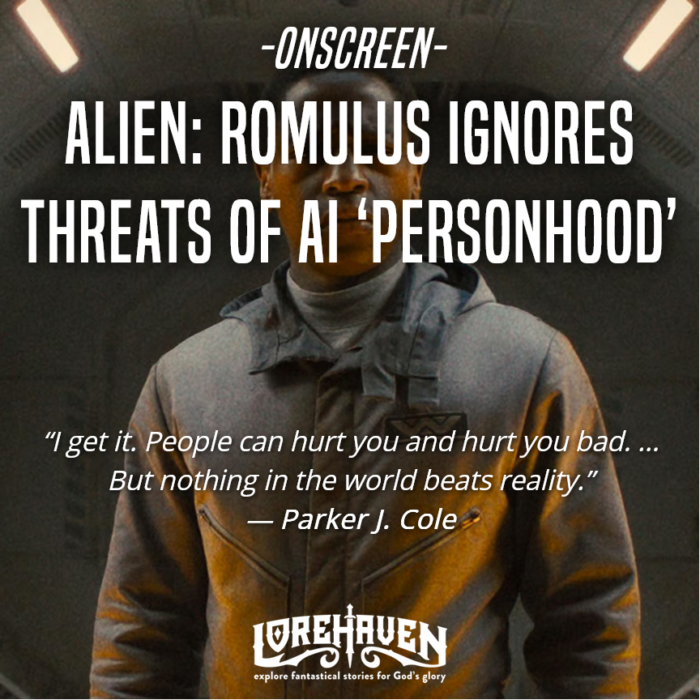

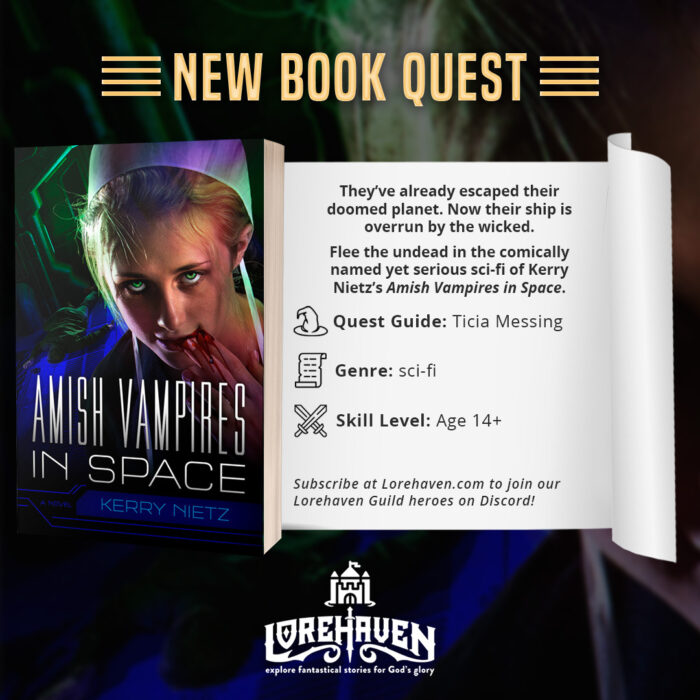
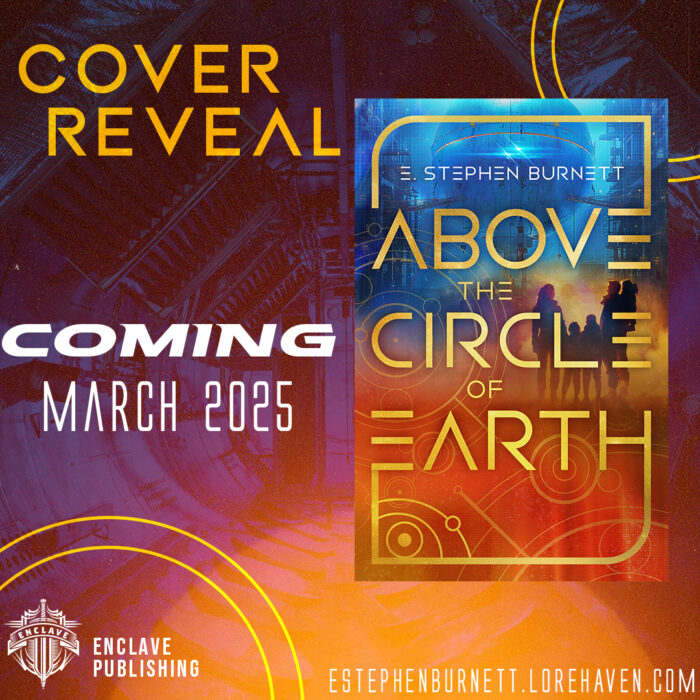








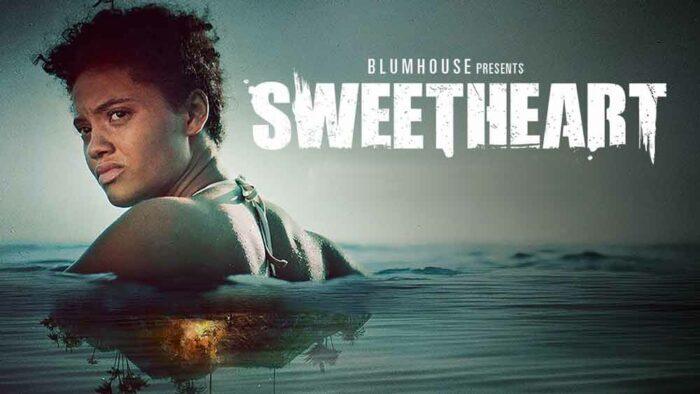




Great article. The point about the very real evil in all of us is important. For the most part, I think horror authors and filmmakers just want to tell a scary story without necessarily having it all “mean something.” Stephen King, whose film and novel, “The Stand,” features a black heroine/prophetess (this would have been considered a “Christian novel” had anyone but King written it), always emphasized his desire to tell a story — not to make it meaningful but entertaining. In the 70s and 80s, blacks and whites tended to use racial humor or irony because we didn’t really take ourselves too seriously then and it was funny (remember “Blazing Saddles?”). Making the “black guy” the first one to “get it” was a reflection of the black stereotype of “the fearful negro.” Just as the stalking of middle class white kids is also a stereotype of the “overprivileged white kids we all hated” of that era. In the 70s or 80s, this would have been considered fun (remember that Blaxploitation films, with their “off-the-chart” black stereotypes, were aimed at black audiences!!!). Today, not so much as everyone wants to find “meaning” whenever the issue of race is brought in (virtue-signaling and political correctness are grim taskmasters). George Romero certainly liked to make some social commentary in his films and “Night of the Living Dead” is a good example. His choice of a black protagonist was important. But that was the 60s when such films were being made in every genre. Romero furthered explored the idea of our inability to tell the difference between the monsters and the “normal humans” in his films “The Crazies” and “Dawn of the Dead”, too. “Dawn of the Dead” featured probably the strongest and most memorable black protagonist (Ken Foree) of any horror movie of the 70s or 80s. Anyway, horror is a genre that, when handled well by a Christian writer, can actually introduce people to the spiritual realities of the Biblical worldview. Stephen King once described horror fiction as “conservative as a Republican in a three piece suit” (or something to that effect). While I can’t recommend all his work due to his excessive use of the F-bomb, occasional erotic content, and his negative stereotypes of fundamentalist Christians, especially in his later work, some of his stuff is classic horror that depicts a moral universe that must not be trampled upon. He is no atheist, let’s put it that way, and oftentimes not an agnostic either. But I digress… Thanks for the great read! #beblessed
Hi Tim!
Thank you so much for your response. I love the movies that you mentioned and the context of the times as well. Much obliged.
Getting chills in the last half of that. So spot on!!
Thank you so much!
Since I’m more of a Sci Fi fan than horror, perhaps it’s no surprise that Alien is the first horror film with a black character I ever saw.
The Alien franchise certainly killed off a number of black people–but never the very first!
I hadn’t thought of Alien. I view the movie as a sci-fi film, not a horror one.
Get Out is a movie I’m surprised you didn’t mention. It’s a recent movie that I’ve gotten a lot of recommendations for and heard it was really good. (Haven’t actually seen it yet. It’s on my to-watch list.)
I’ve only gotten into watching horror movies since September, and just watched Night of the Living Dead recently. I thought it was interesting that it was the black guy who was the smart one with good ideas throughout the movie in addition to being the one to survive longest.
Oh my gosh! I’m surprised I didn’t mention it too! Doh! Thank you for the reminder! I feel so silly now. That should have been one of the first ones.